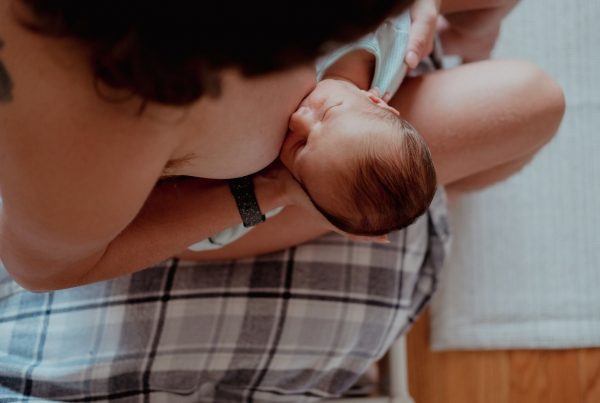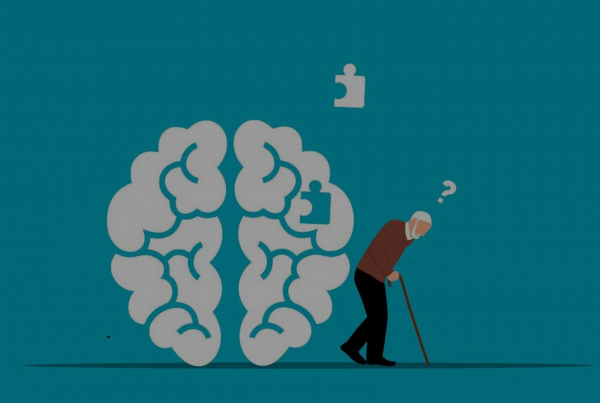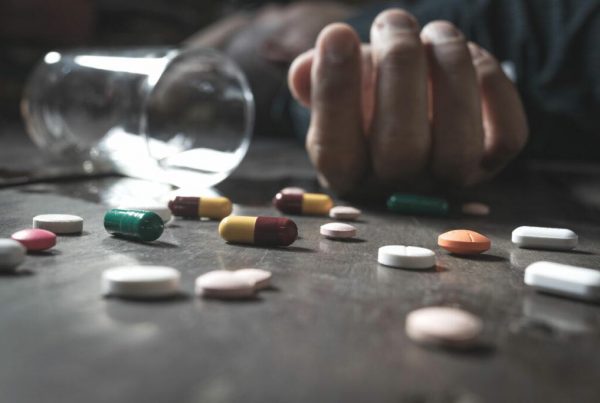What is Cerebral Palsy (CP)?
Cerebral palsy is an umbrella term for a group of permanent but non-progressive disorders where the brain fails to control movements, muscle tone, posture, sensation, perception and cognitive development.
What causes Cerebral Palsy?
CP is not a generic disorder but caused by damage to the early developing brain, during pregnancy, childbirth or immediately after birth.
Before birth –
– Congenital abnormalities in the developing brain
– Infections in the mother during pregnancy
During birth –
– Oxygen deprivation to the brain due to prolonged or difficult labour
– Prematurity
After birth –
– Brain infections like encephalitis and meningitis
– Head injury causing concussions or internal bleeding
How is CP diagnosed?
Unfortunately, there is no formal “test” to diagnose CP.
Early signs include excessive lethargy, stiff or floppy posture, a high-pitched cry and feeding difficulties.
Missing or delay in important milestones as the child grows, like by two months beginning to smile, coo, and push up and by six months rolling over and sitting up without support, should raise an alarm in parents and the physician.
Does Cerebral Palsy get worse over time?
CP is a “one time” brain damage and does not progress with age.
But due to the impaired movements, seizures and difficulties in swallowing, CP children could develop secondary debilitating illnesses like severe malnutrition, aspiration pneumonias, pressure-sores, joint contractures and secondary brain damage by accidental falls.
As nerve cells, unlike other cells in the body, are non-regenerating, the brain damage in CP is permanent but with effective treatments like physiotherapy and brain stimulating activities, the symptoms can be improved with time and complications can be prevented.
What are the challenges faced by parents raising a child with CP?
Expecting a healthy child is every parents’ dream since the day they receive news of the pregnancy. When a 9 month long wait and eager anticipation only ends in a tragic, complete turn-around of your life creating a fresh set of challenges you never signed up for, it takes a big toll on the physical, psychological health of the entire family.
Having a differently abled child and their frequent need for specialist doctors, special care centers and rehabilitation like speech and physiotherapy, is time consuming and financially restraining.
The poor community support and a lack of understanding among family members results in commonly heard of relationship strains and divorces.
Parental guilt, social stigma, care-taker burnout and slow progress even with regular treatment leads to frustration and loss of motivation.
It does not get any easier when the primary caretaker also has to worry for the child’s future in aspects such as;
-sexual abuse
-difficulty in educating
-employment in the future and “who will take care of him/her when I am not here anymore”
As much as many would preach that caring for a needy child is a true source of pride and accomplishment, embracing that life requires immense planning, organization, perspective, the will to adapt and constant inspiration.
Many government hospitals in Sri Lanka have special clinics conducted by multi-disciplinary teams including Pediatric physicians, Neurologists, nurses, speech, physio and occupational therapists but the lack of access, manpower and the major financial support has greatly limited the service of these centers.
The improvement of maternity, antenatal and postnatal healthcare inclusive of maternal education in regard to management of malnutrition, diabetes and infections in pregnancy in the MOH level has shown a vast reduction in CP caused by avoidable origins.
As tragic as its occurrence is, what CP cannot do is,
It cannot cripple love;
It cannot silence courage;
It cannot conquer the spirit;
And it cannot delay joy..
-anonymous-







